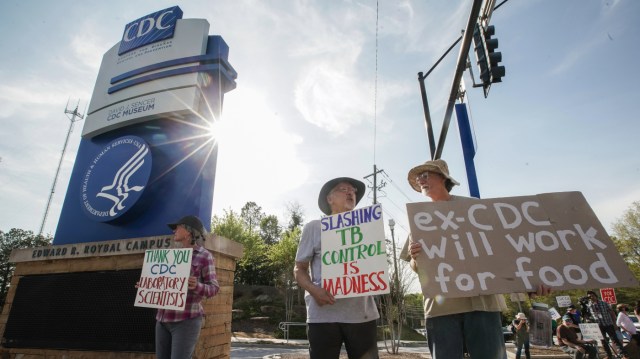Budget Bloodbath: How Slashing Public Health Funding Could Trigger a National Crisis

These coordinated efforts constitute a comprehensive and alarming attack on public health, systematically undermining the well-being of communities and individuals. Each action, when viewed independently and collectively, represents a calculated strategy that threatens the fundamental principles of healthcare accessibility, safety, and equity. The cumulative impact of these measures goes beyond mere policy changes, potentially jeopardizing the health and lives of vulnerable populations and eroding the critical infrastructure designed to protect public welfare.
